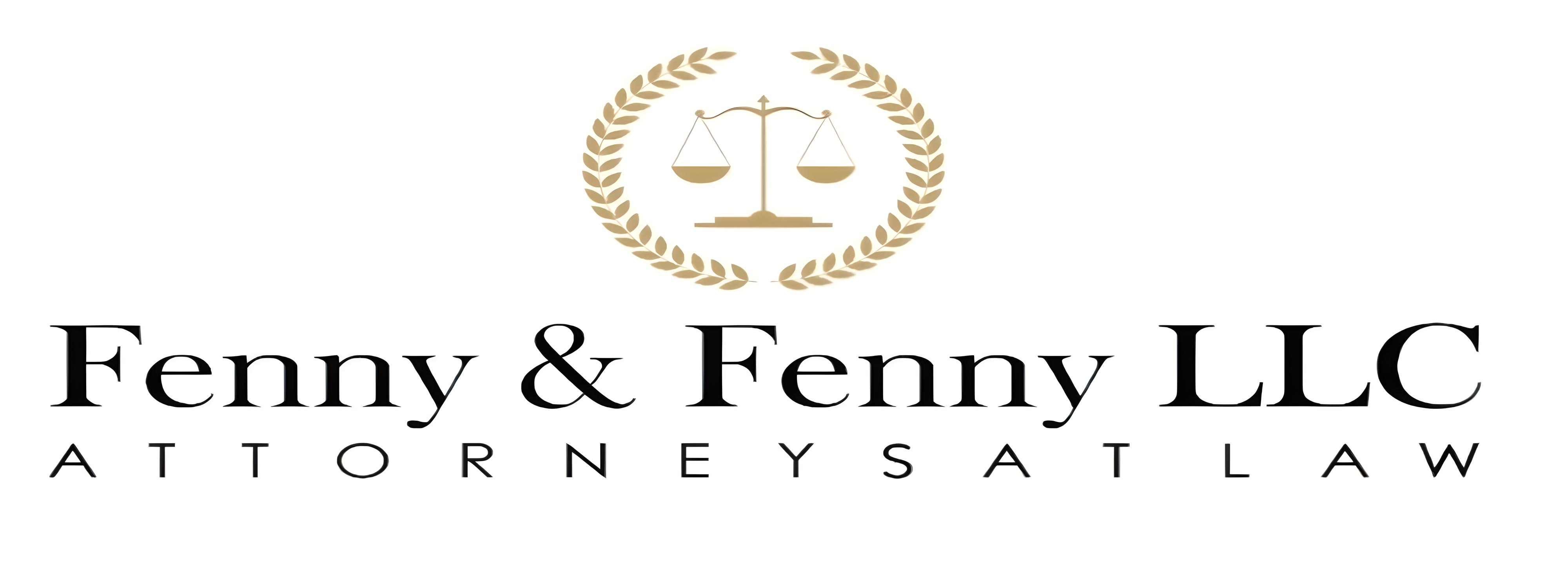ABOUT US
The legal team at Fenny & Fenny LLC is at your service. We offer reliable advice and representation in legal matters concerning a variety of disciplines. Learn more about the legal practice and its fields of focus.

The Church/Non-Profit Law
Fenny & Fenny LLC, Attorneys at law, represents many non-profit organizations such as churches and other non-profit organizations. We share a commitment of service to the community through the work of charitable associations, and value the opportunity to serve. We also represent non-profits in IRS matters, including obtaining 501(c)(3) status, filing Form 990 returns, and working out IRS disputes. The firm has a special relationship with many churches, Christian schools, and religious ministries, both locally and nationally. We have represented many faith-based organizations, and share a commitment to this service with a clear understanding of the importance of Christian values as the foundation of churches and ministries. Fenny & Fenny LLC, Attorneys at Law, serves on the Legal Board of the Redeemed Christian Church of God, North America. Click here to learn more about RCCGNA. We represent not-for-profit organizations in all aspects of their operations and management. The legal needs of our clients cover the spectrum of the firm’s practice areas and as a result, attorneys in various practice areas of the firm have experience advising not-for-profit organizations.
Our work on behalf of not-for-profit organizations includes compliance with federal and state exempt organization tax laws, including Section 501(c)(3) of the Internal Revenue Code and state laws governing exemptions from real property tax and sales and use tax; unrelated business income tax (UBIT) and related issues; self-dealing and intermediate sanctions issues arising from executive compensation and other arrangements with staff, board members, donors and their families; and planned giving arrangements, and other types of charitable gifts. We advise clients on organizational structure, entity formation, and fundamental governance issues including the fiduciary duties of board members and officers, conflicts of interest, committee responsibilities and charters, and indemnification rights.




